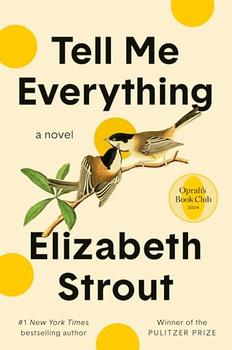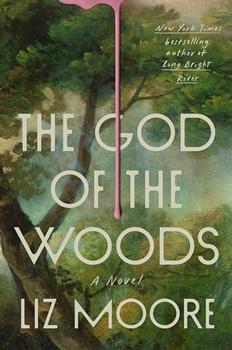(12/20/2007)
Samantha Hunt's novel is a "what if" historical fiction on the last months of the life of Nikola Tesla, the inventor of alternating current electricity. His life was much obscured by the better known Thomas Edison; however, as this book well illuminates, Edison was more rigid, capitalistic, and less visionary than Tesla.
This book is allegorical and metaphorical. Although we learn about Tesla's Serbian roots, his boyhood, and the inner workings of his great mind, Hunt shines even more light on his heart. She does this with aspects of time travel, with his relationship with pigeons, and a fictional relationship with an astute and intelligent chambermaid at the Hotel New Yorker, where he lives the last years of his life.
There is much inner dialogue from the main characters of the story, which makes it a more character-driven than a plot driven read. There is definitely a plot, and suspense, but the texture of the tale and the beautiful turns of phrase and imagery stay with you long after the story ends. Hunt weaves in concepts of psychology, philosophy, and literature, giving the story many dynamic layers. This novel is a novel of ideas as much as it is a fictional biography on the life of a genius. I wanted to ask the author if she had read "Hopeful Monsters," by Nicholas Mosley, as there are strong parallels about the elusiveness of time and the enigma of the human heart, as well as specific references to Goethe. Additionally, both authors are exceptionally open and generous writers and do not borrow from religion in order to hold high values and ethics. I look forward to Samantha Hunt's next novel.



